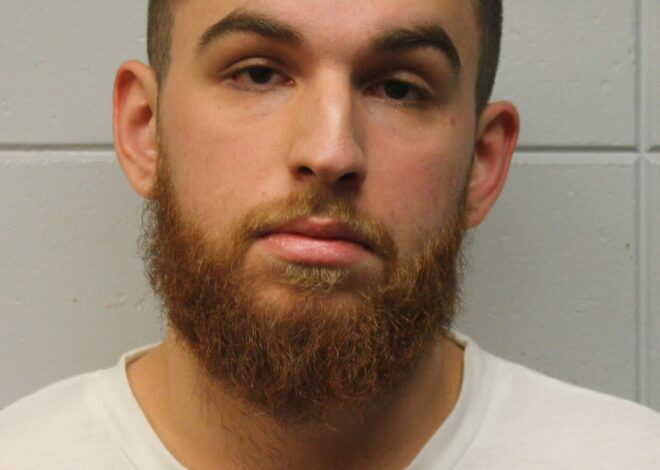Gov. Ricketts Determined To Address Problems In Whiteclay
LINCOLN, Neb. (AP) — Nebraska Gov. Pete Ricketts says he’s determined to address the problems that plague the village of Whiteclay and is working with a Native American activist to seek solutions.
Whiteclay’s four beer stores sell primarily to residents of the bordering — and dry — Pine Ridge Indian Reservation in South Dakota, home of the Oglala Lakota Nation.
“I am determined to address this important set of problems during my administration,” Ricketts said a July 30 letter to Rebecca Wells, a Lincoln nurse who works frequently on the reservation with children who suffer from fetal alcohol system. Ricketts told her he is working with Frank LaMere, a Native American activist from South Sioux City.
The letter was obtained by The Associated Press from Wells and the governor’s office, and comes as activists in Nebraska renew their push to close Whiteclay’s beer stores, which sold the equivalent of 3.9 million cans of beer last year in a town with 14 residents.
On Friday morning, LaMere and seven other activists walked into the governor’s office to request an impromptu meeting with Ricketts. The group met privately with a staff member for 45 minutes, asking that Ricketts take steps to increase the number of state inspections at the beer stores and investigate the Nebraska Liquor Control Commission.
LaMere, who has fought for decades to close Whiteclay, emerged and said he was optimistic for the first time in years that state officials will look seriously at the problem.
“I believe the effort to shut down Whiteclay and deal with the illegalities has reached critical mass,” he said.
A spokesman for Ricketts said the governor was unavailable for an interview, but confirmed Ricketts and LaMere have met once before to discuss the problem.
Protesters also said they plan to gather Friday night outside a Budweiser facility in Lincoln to protest Whiteclay’s beer stores. A new documentary, “Sober Indian/Dangerous Indian,” was shown in Lincoln and Omaha this week in an effort to raise awareness. The film follows four men and their families, including one man who says he sold himself for sex so he could buy more alcohol.
Nebraska lawmakers have struggled for years to address the problems in Whiteclay with little success.
buy doxycycline online https://pridedentaloffice.com/wp-content/languages/new/over/doxycycline.html no prescription
Most of the legislation has stalled amid resistance from the grocery and alcohol industries and the owners of the beer stores, who argue they have a legal right to conduct business.
One man featured in the new documentary, Robert Young Dog, suffers from fetal alcohol syndrome and says he was physically and sexually assaulted in his youth. The 44-year-old from Oglala, South Dakota, said he’s been sober for four months and wants to meet Ricketts to provide a firsthand account.
“I’ve really got to get into his mind what alcohol is doing to the Oglala Sioux,” Young Dog told the AP. “Until something does happen, I’ve got to keep voicing my concerns.”
Previous debates about Whiteclay haven’t looked at the cost the town imposes on state taxpayers, documentary producer John Maisch said.
The stores generated about $113,800 in state excise taxes and $213,000 in federal excise taxes last year, according to the Nebraska Liquor Control Commission. But the revenue is more than offset by the costs of caring for foster children with fetal alcohol syndrome, a cost often covered by government programs, said Maisch, a Nebraska native and former Oklahoma alcohol regulator.


